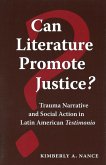
17,95 €
Sofort per Download lieferbar
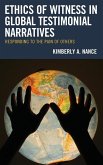
Gebundenes Buch
Responding to the Pain of Others
9. Dezember 2019
Lexington Books
Ähnliche Artikel
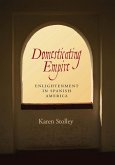
17,95 €
Sofort per Download lieferbar

17,95 €
Sofort per Download lieferbar
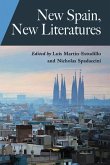
17,95 €
Sofort per Download lieferbar

17,95 €
Sofort per Download lieferbar
eBook, PDF
15. Mai 2012
Kensington Books

17,95 €
Sofort per Download lieferbar

17,95 €
Sofort per Download lieferbar
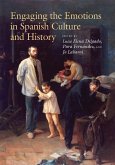
17,95 €
Sofort per Download lieferbar
eBook, PDF
20. Juni 2016
Mayo Clinic Press

17,95 €
Sofort per Download lieferbar
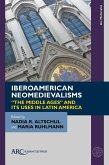

Ähnlichkeitssuche: Fact®Finder von OMIKRON
